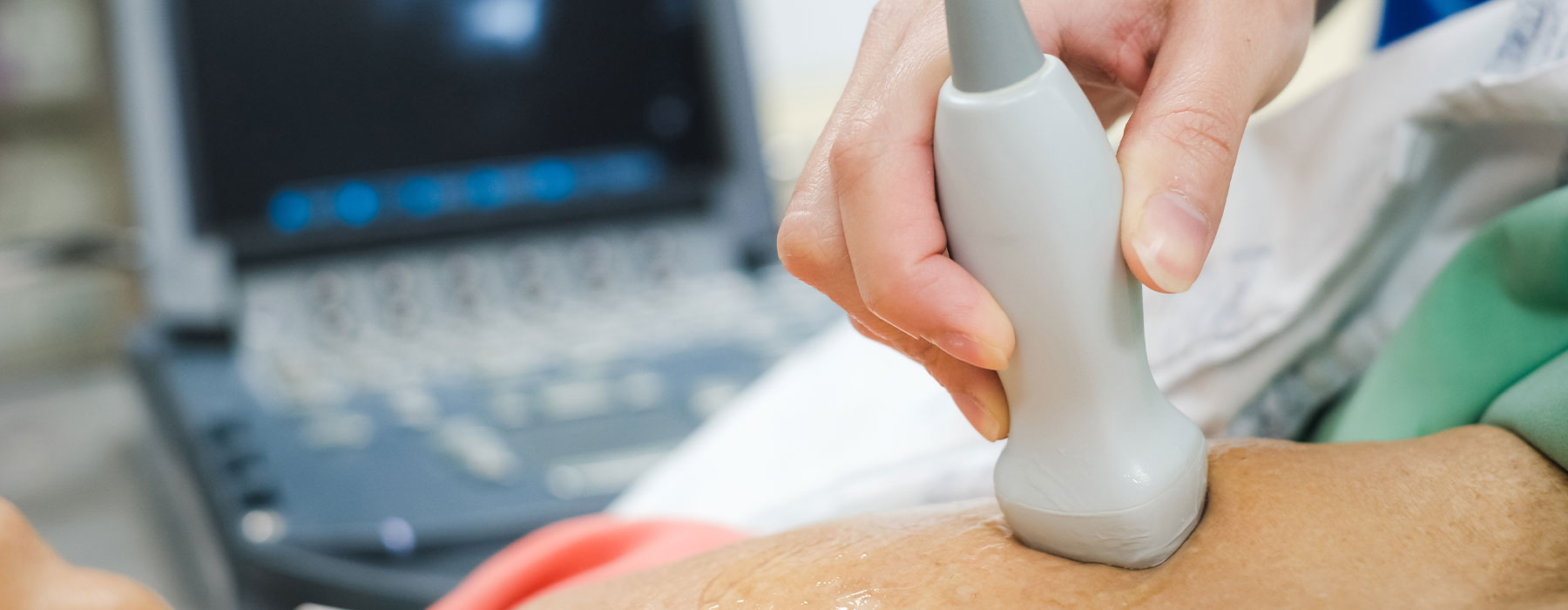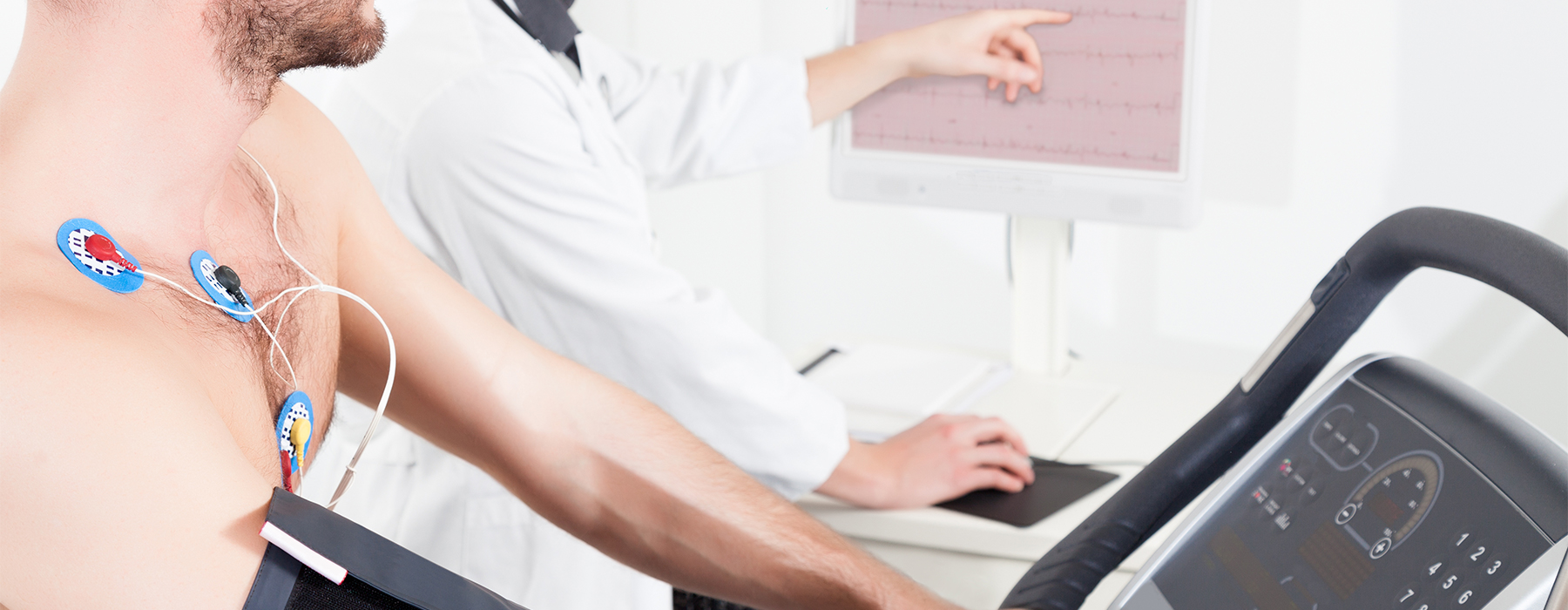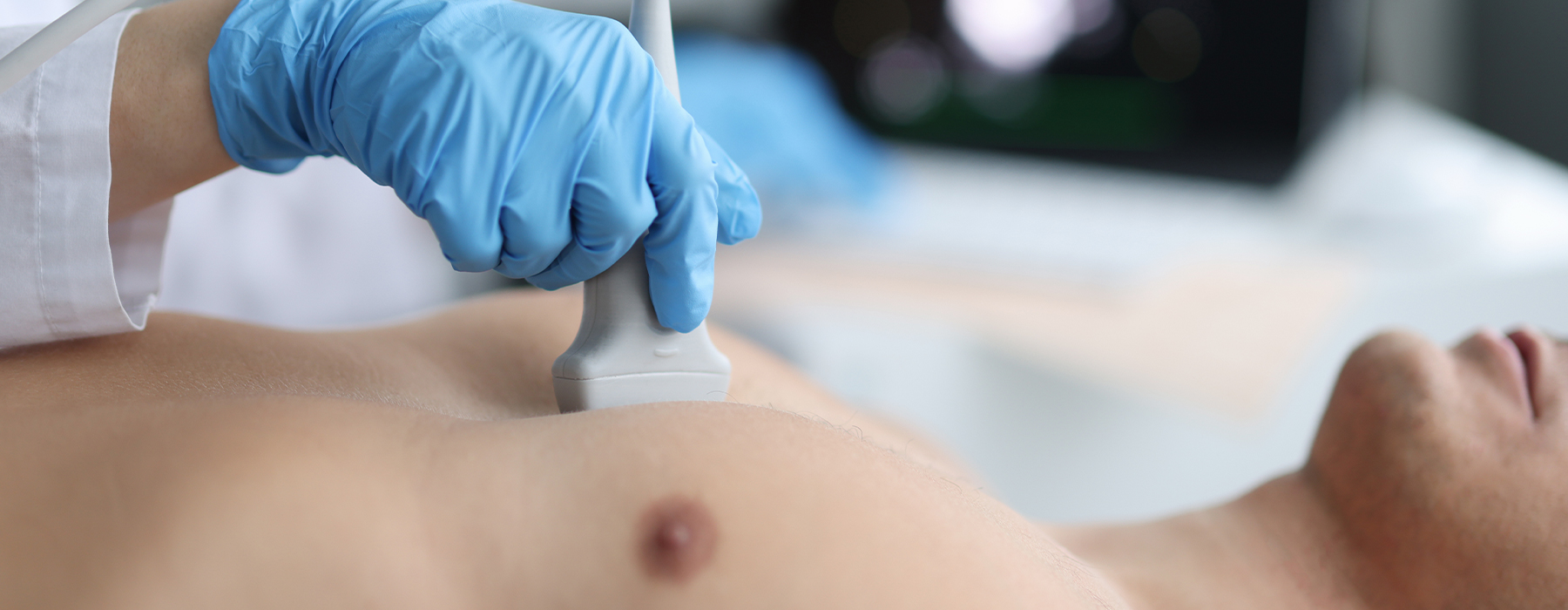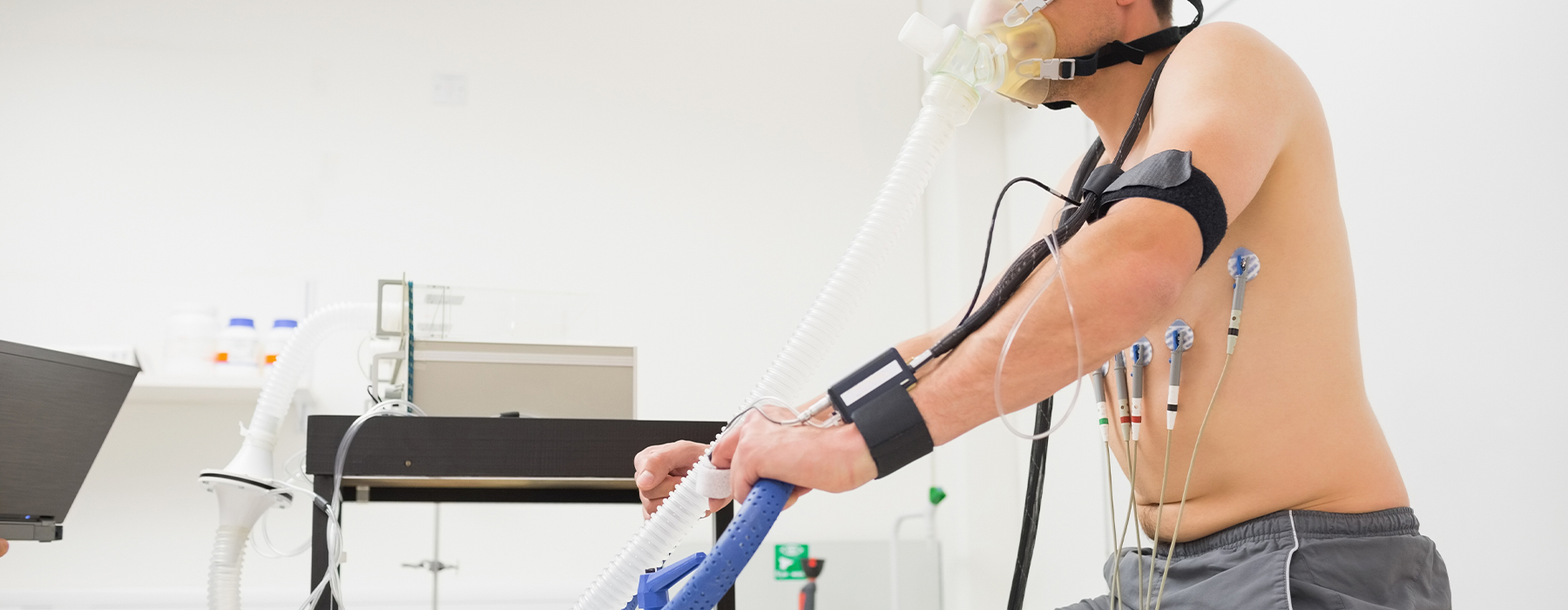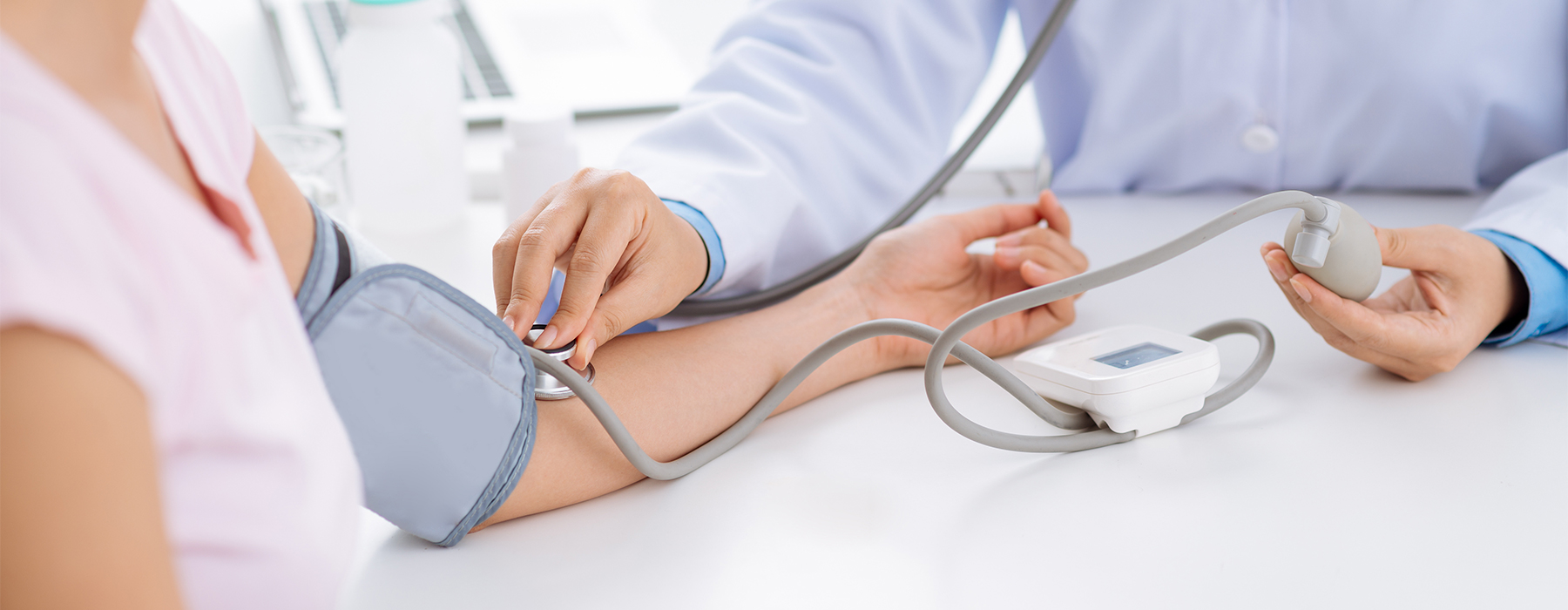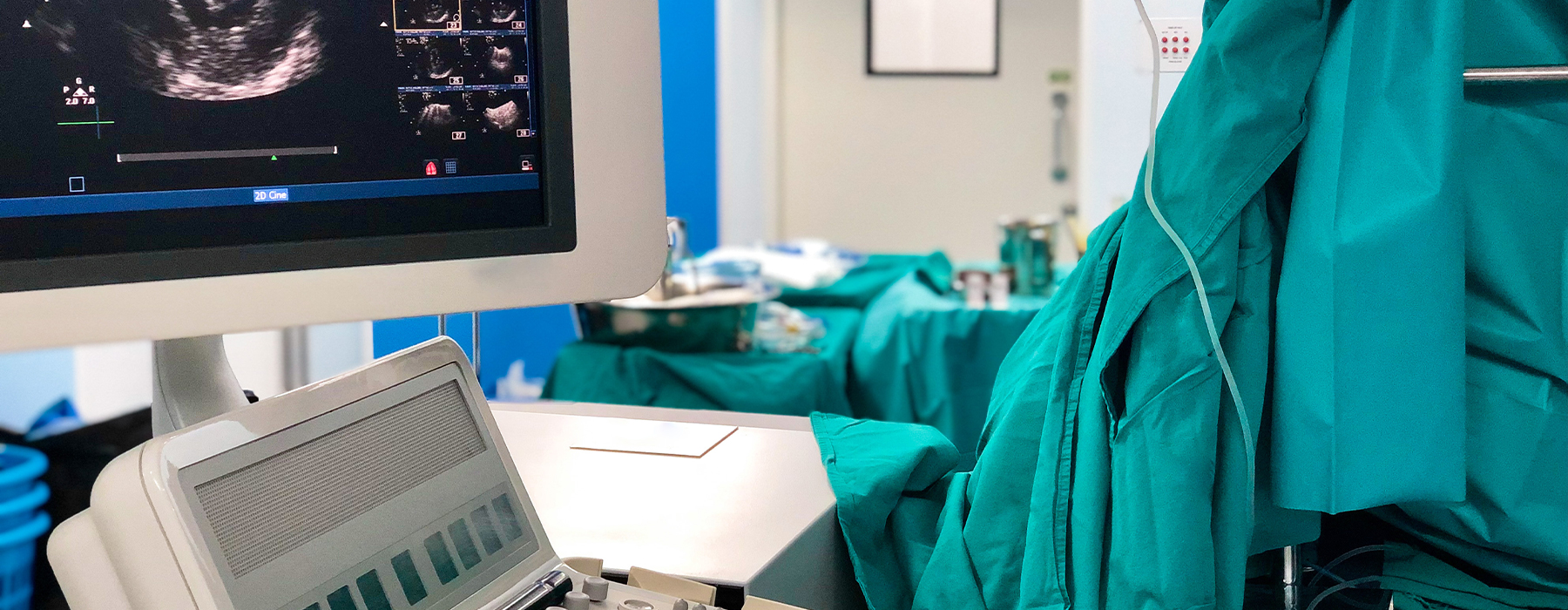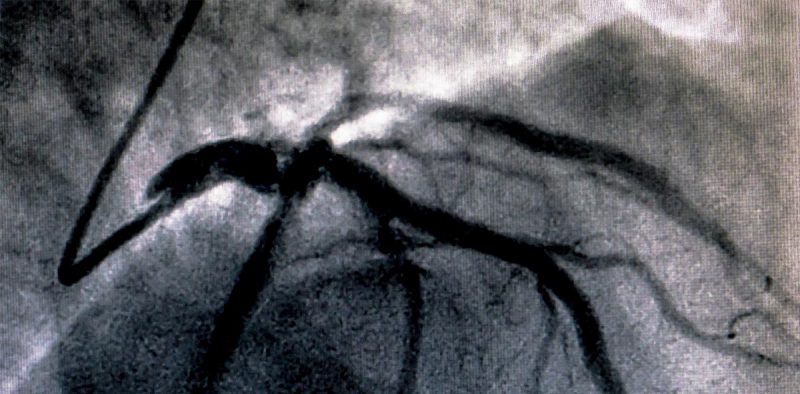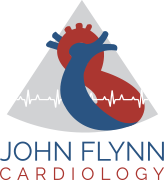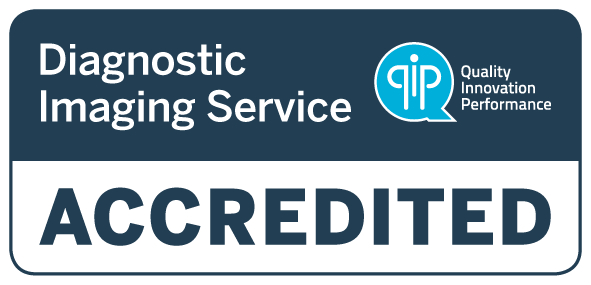What Is An Electrocardiogram (ECG)?
An electrocardiogram (ECG) is a test that measures the electrical activity of the heart. During an ECG, small adhesive electrodes are attached to the skin on the chest, arms, and legs, and are connected by wires to an ECG machine, which detects the electrical signals produced by the heart and records them as waves which can be analysed.
An ECG is used to diagnose and monitor a range of heart conditions, including disturbances in heart rhythm (arrhythmias), heart muscle strain caused by reduced blood flow, previous damage from heart attacks, and the effect of medications on the heart.
ECG is a safe and painless test that takes only a few minutes to perform. No special preparation is required for the test, although you may be asked to remove some clothing, or jewellery that could interfere with the electrical signals.
ECG is an important diagnostic tool that helps doctors to understand the functioning of the heart, diagnose heart problems, and monitor the effectiveness of treatments. However, as with any medical test, there is a small risk of complications, including skin irritation or more rarely, an allergic reaction to the electrodes.
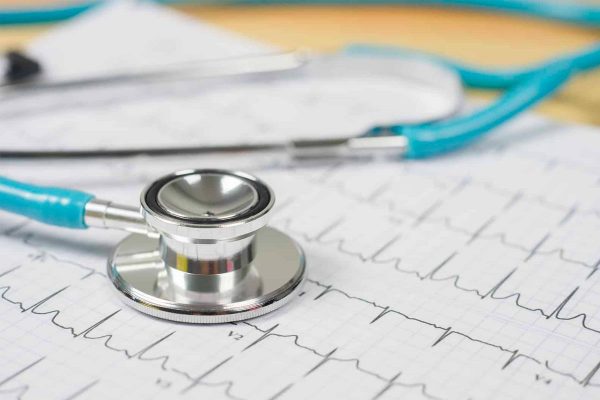
Appointments
- Please arrive 15mins prior to your appointment time. If you are going to be late, please phone us to let us know.
- Please bring your referral and Medicare card with you to your appointment.
- Please bring your private health insurance membership card with you.
Results
- Results will be sent to your referring doctor.
- If ordered by our cardiologists, they will discuss at your next appointment.

Informed consent
It is required by law to receive your consent to perform this test. It is important that you have read and understood this information. If you have any questions, please ask the technician prior to your test.
